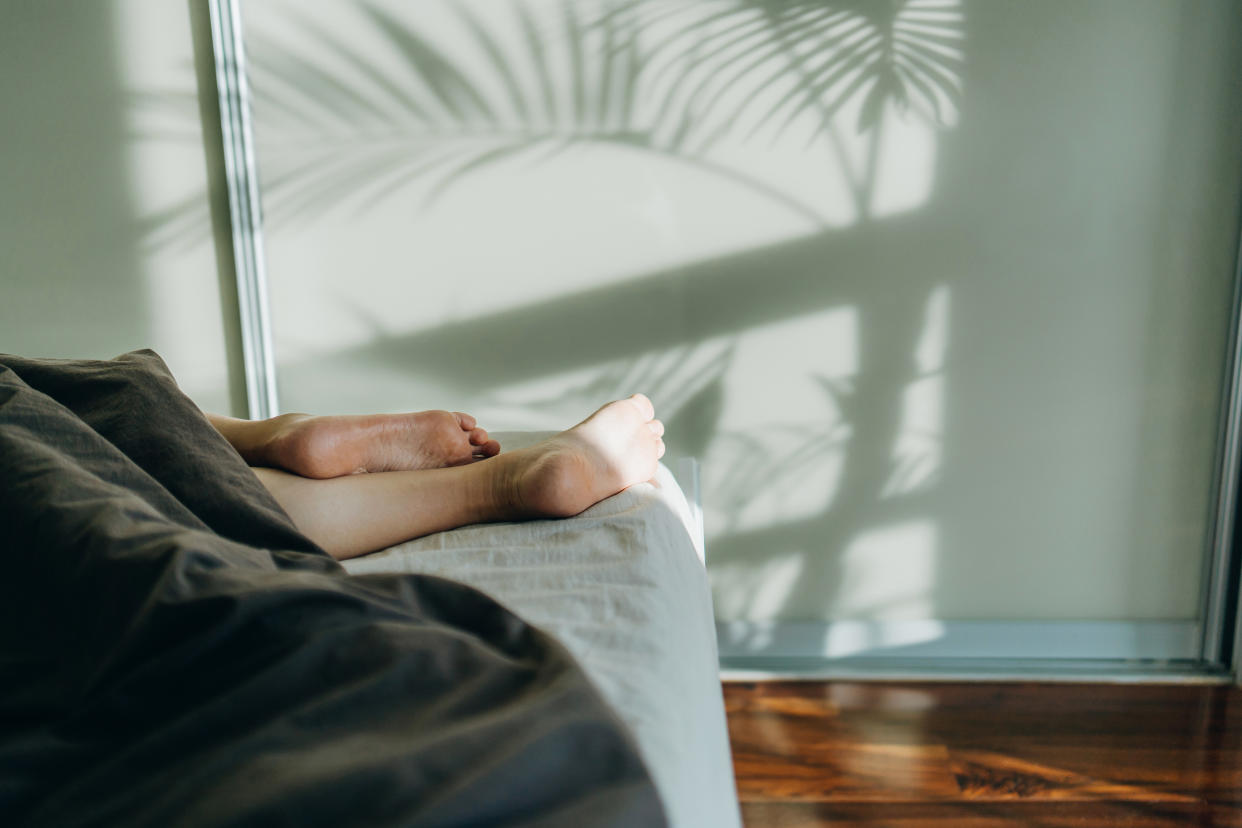Understanding the Link Between Weight and Sleep Apnea
Sleep apnea is one of the most common yet misunderstood sleep disorders worldwide. It causes repeated pauses in breathing during sleep, often leading to loud snoring, daytime fatigue, and other health complications. While treatments like CPAP therapy are widely used, many experts suggest that weight loss could be a key factor in reducing — or even curing — sleep apnea symptoms.
But can shedding a few kilos really make such a big difference? Let’s explore what the science says and what doctors recommend.
What Is Sleep Apnea?
Sleep apnea is a disorder where your airway becomes blocked or collapses during sleep, disrupting normal breathing. The most common type, obstructive sleep apnea (OSA), occurs when the soft tissues in the throat relax excessively, obstructing airflow.
Common symptoms include:
- Loud, chronic snoring
- Gasping or choking during sleep
- Morning headaches
- Difficulty concentrating during the day
- Persistent tiredness even after a full night’s rest
These symptoms are not just inconvenient — they can lead to serious health risks if left untreated.
The Role of Weight in Sleep Apnea
Excess body weight is one of the most significant risk factors for obstructive sleep apnea. Fat deposits around the upper airway can narrow the space available for airflow, making it easier for the throat to collapse during sleep.
According to experts, obesity increases the risk of OSA by up to 50%, especially among individuals with a body mass index (BMI) above 30. The more fat stored around the neck and chest, the greater the pressure on the airway.
Can Weight Loss Cure Sleep Apnea Completely?
Here’s the short answer: weight loss can dramatically improve — and in some cases, eliminate — sleep apnea symptoms, but it doesn’t guarantee a full cure for everyone.
How Weight Loss Helps:
- Reduces fat around the airway: This helps keep breathing passages open during sleep.
- Lowers inflammation: Excess fat tissue releases inflammatory substances that can worsen airway swelling.
- Improves oxygen flow: With less pressure on the diaphragm and lungs, breathing becomes easier and more efficient.
Studies have shown that a 10–15% reduction in body weight can lead to a 30–50% improvement in sleep apnea severity. In some cases, mild sleep apnea disappears entirely after sustained weight loss.
However, not all sleep apnea cases are weight-related. Structural factors such as small jaw size, nasal blockages, or enlarged tonsils can also cause airway obstruction — even in individuals with normal body weight.
What the Experts Say
Sleep specialists emphasize that while weight loss is a crucial step, it should be part of a comprehensive treatment plan rather than the only strategy.
“Losing weight can significantly reduce the severity of sleep apnea,” says Dr. Sarah Mitchell, a sleep medicine expert. “But patients should continue CPAP therapy or other medical treatments until their condition is fully evaluated after weight reduction.”
In other words, weight loss helps manage the condition but doesn’t automatically replace medical treatment.
Other Effective Sleep Apnea Treatments
If you’re working on weight loss but still struggling with symptoms, don’t lose hope. Several proven treatments can help you sleep — and breathe — better:
1. CPAP Therapy (Continuous Positive Airway Pressure)
The most common treatment for moderate to severe sleep apnea. It uses a machine that delivers a constant stream of air through a mask, keeping your airway open all night.
2. Oral Appliances
Custom-fitted mouthpieces can reposition the jaw and tongue to prevent airway collapse. They are effective for mild to moderate cases.
3. Lifestyle Adjustments
- Avoid alcohol and sedatives before bedtime
- Sleep on your side instead of your back
- Maintain a consistent sleep schedule
- Exercise regularly to improve lung function and metabolism
4. Surgery
In rare or severe cases, surgical procedures may be recommended to remove tissue or correct structural issues in the throat or nose.
The Long-Term Benefits of Weight Loss on Sleep Health
Aside from reducing sleep apnea symptoms, losing weight can improve overall sleep quality and daytime alertness. It also lowers the risk of developing heart disease, diabetes, and high blood pressure, which are commonly linked with untreated sleep apnea.
In many patients, even modest weight reduction can lead to:
- Fewer breathing interruptions at night
- Lower snoring intensity
- Better mood and energy levels
- Improved CPAP therapy effectiveness
How to Start Your Weight Loss Journey Safely
If your goal is to improve your sleep health through weight loss, start by consulting both a sleep specialist and a nutrition professional. They can help you design a realistic plan that includes:
- Balanced diet: Focus on whole foods, lean proteins, and reduced sugars
- Regular exercise: Include both cardio and strength training
- Sleep-friendly habits: Avoid screens before bedtime, reduce caffeine, and prioritize relaxation
Remember, the goal is sustainable progress — not crash dieting. A steady, healthy approach benefits both your weight and your sleep quality.

Conclusion: Weight Loss Is a Game-Changer, Not a Magic Cure
While weight loss can greatly reduce the severity of sleep apnea, it’s not a guaranteed cure. Every person’s anatomy and medical background are unique, meaning ongoing treatment and monitoring are still essential.
If you suspect you have sleep apnea — or still feel exhausted after a full night’s sleep — speak to a sleep specialist. Getting a professional diagnosis is the first step toward better rest and a healthier, more energetic life.
FAQS
Weight loss can significantly improve sleep apnea symptoms by reducing fat around the throat and improving airflow. In some mild cases, it may even resolve the condition. However, structural or genetic factors may still cause apnea, meaning medical treatment remains necessary for many individuals.
Even a modest 10–15% reduction in body weight can lead to noticeable improvements in sleep apnea severity. Results vary depending on the individual’s anatomy, sleep habits, and the underlying causes of the disorder.
You should only stop CPAP therapy under medical supervision. Even if weight loss improves your symptoms, your doctor will likely recommend a follow-up sleep study to confirm whether it’s safe to discontinue CPAP use.
Not all sleep apnea cases are caused by excess weight. Structural issues like narrow airways, nasal blockages, or enlarged tonsils can also trigger apnea, regardless of body size. A sleep specialist can identify the exact cause and recommend appropriate treatment.

